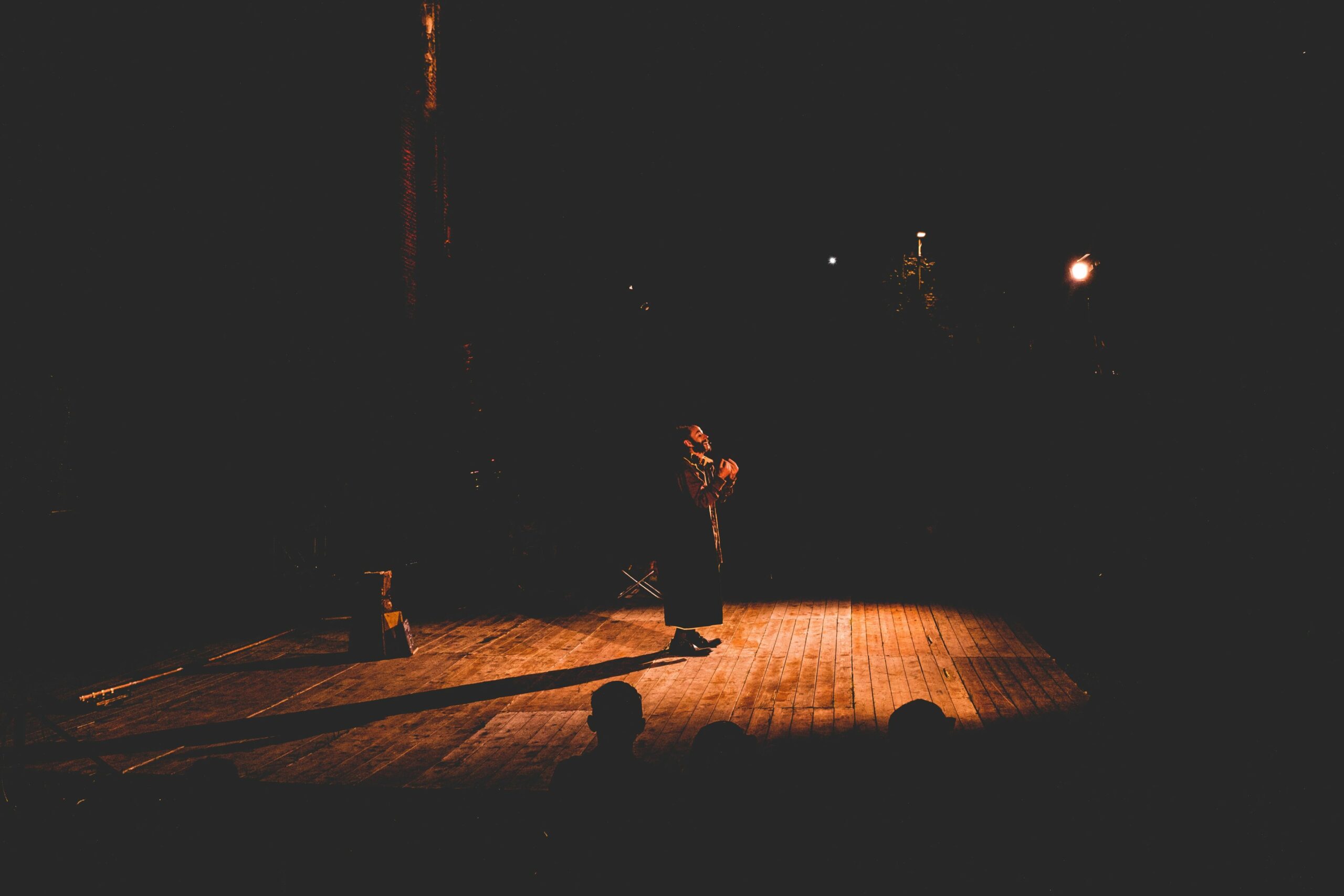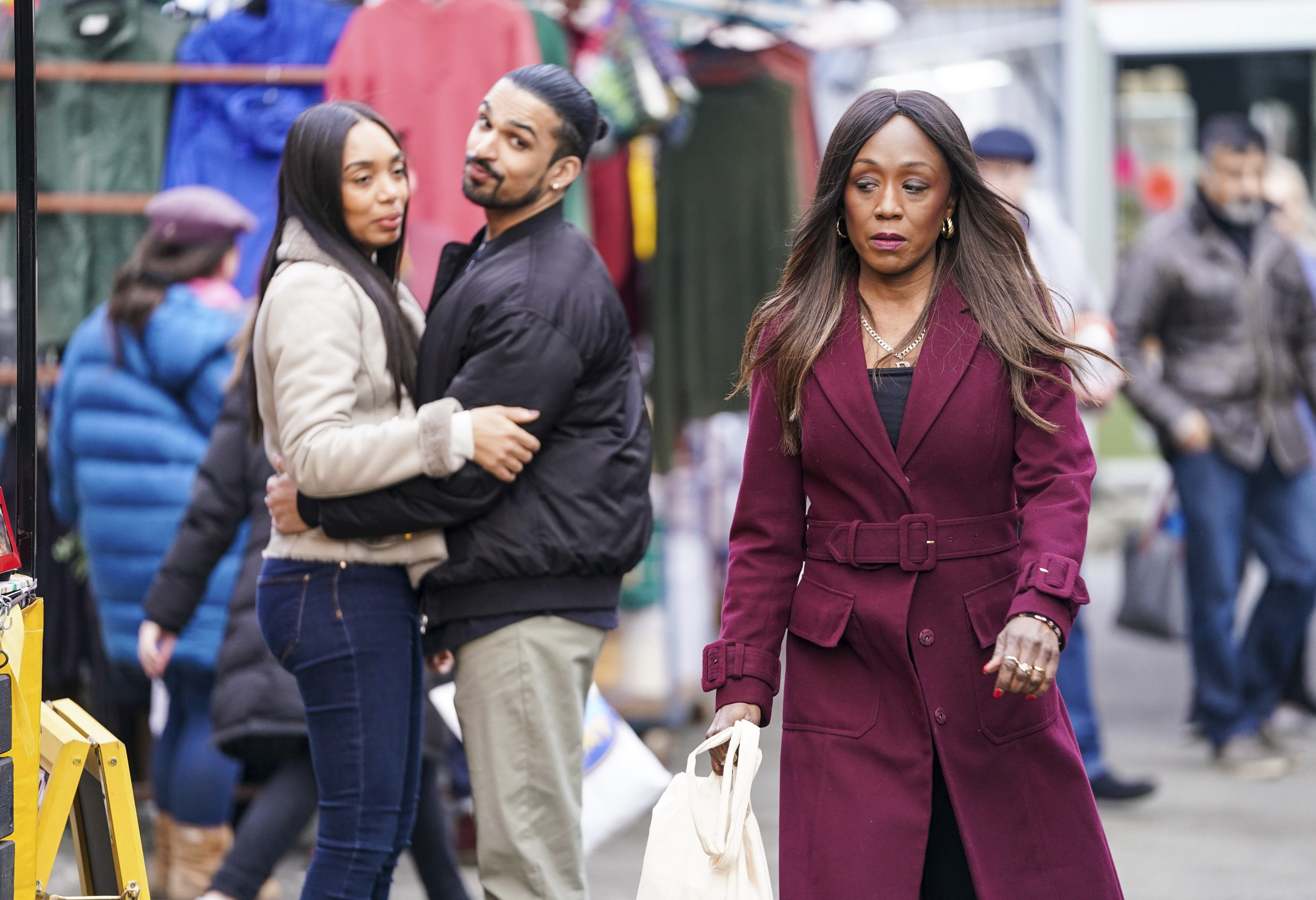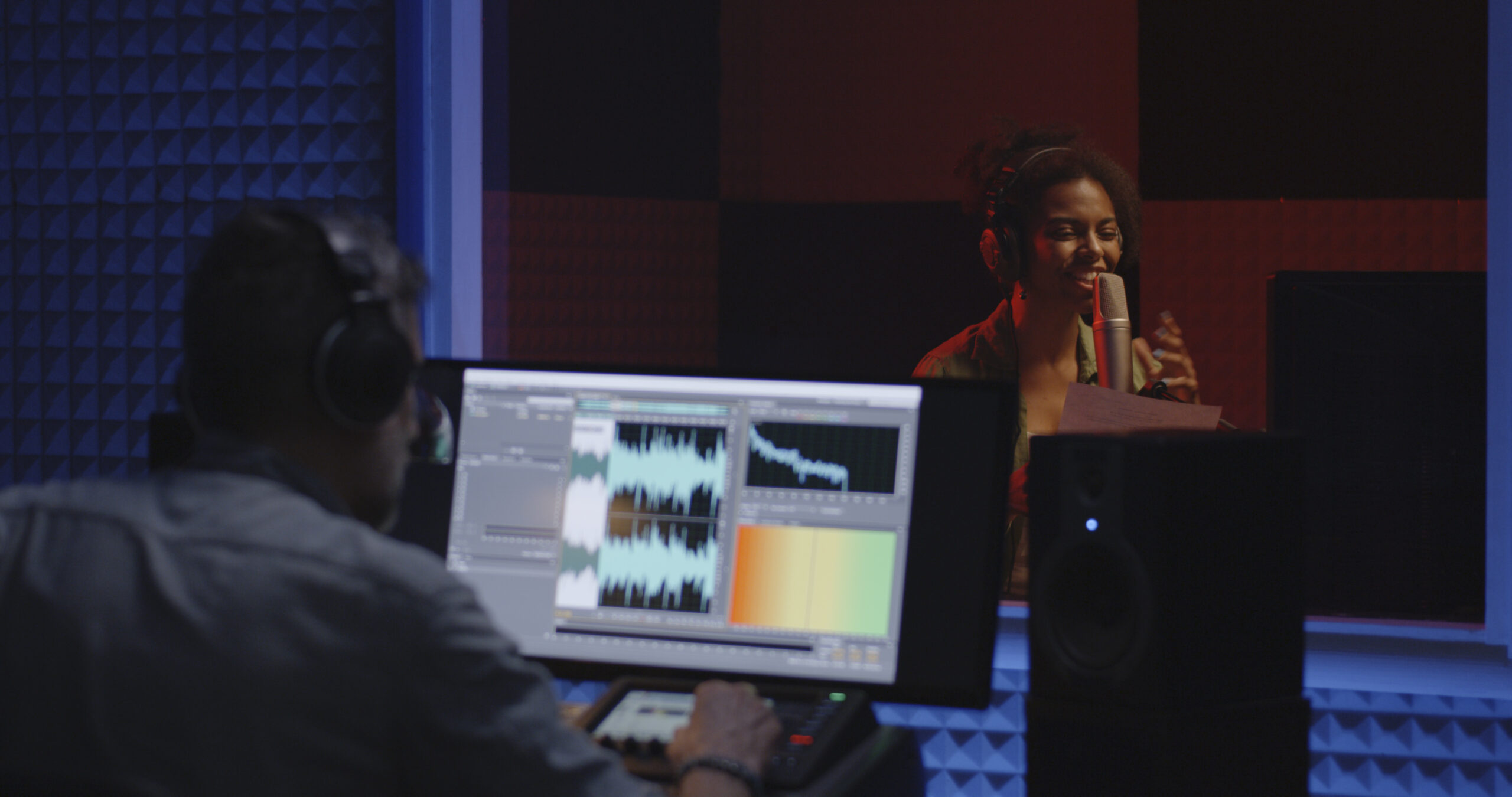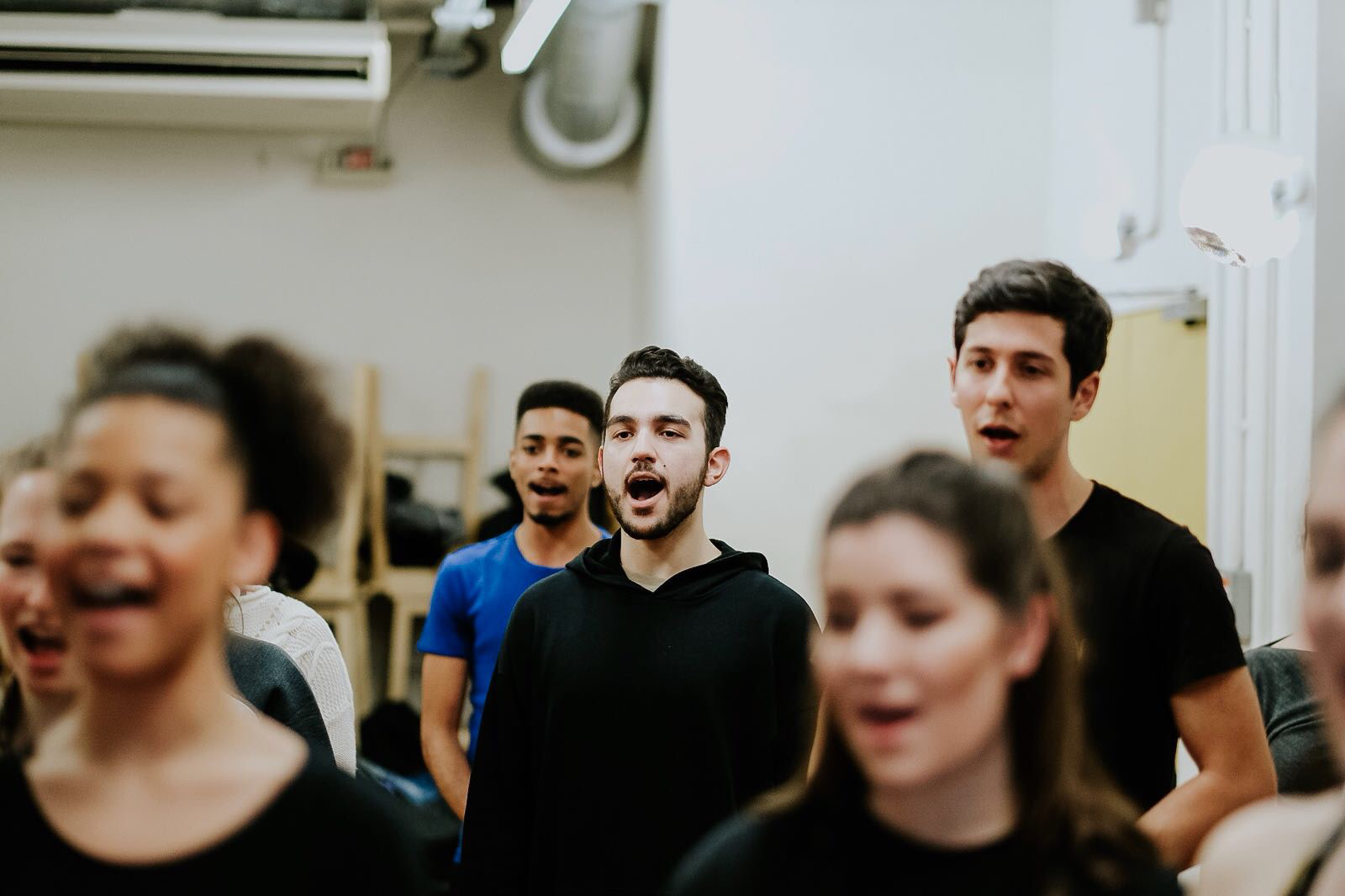Stage director Natalie Abrahami and Spotlight Prize performers share their top tips for choosing a great monologue that’s right for you
Whether you’re choosing a monologue for a showcase, an audition, or even our very own ‘Into the Spotlight’ monologue competition, the search for a piece that perfectly shows off your acting skills can be daunting. There are plenty of resources that tell you where you can find potential monologues, but how do you decide which one is right for you?
We spoke to stage director, Natalie Abrahami, and several actors who performed monologues at the Spotlight Prize to get their advice for choosing the perfect monologue.
Choose a monologue you enjoy
It’s important that you choose something you enjoy performing. There’s no point picking a Shakespeare soliloquy if the bard makes you bored. As Natalie Abrahami points out, “You’re going to spend a lot of hours reading it, learning it, perfecting it.” She continues, “It’s really important to choose something that you’re really going to enjoy mining and working on.”
Natalie isn’t the only one who stresses this point. Performer Lily Bolsover says, “If you’re doing something that you love to do, you’ll do it as well as you possibly can.”
This might be easier said than done when people whose opinions you respect recommend monologues you don’t care for, but it’s important to remember that you’re the one performing it – not them.
Make sure the character suits you
An excellent monologue performance requires a certain understanding of the character you’re embodying, so pick a monologue by a character that suits you. This could be – in the obvious way – of a character who is a similar age and casting type, or perhaps from the same place as you.
Performer Chris McIlvenny warns, “You don’t really want to be doing a monologue [where] you’re playing a 45 year old man who has five kids, and you’re a 20-year-old man […] trying to understand what that person’s been through.”
Of course, people don’t become actors just to play themselves. A monologue could also be suitable in the way that it speaks to you as an actor. You could really see yourself in a character, even if they’re very different to you.
Performer Qasim Mahmood recommends that performers pick, “Something they resonate with […] something they connect to,” and performer Laura Noble agrees, saying, “If it works for you, and you’re passionate about it, and it sounds great in your voice, do it.”
Do your research
You can’t choose a monologue when you don’t know it exists, and the only way you’re going to learn about it is through research. Performer Michael Workeye advises, “Read as much as you can, watch as much as you can, and if all else fails, try and write something.”
The larger your pool of monologues is to choose from, the more likely your perfect monologue will be within it. If you feel like no monologue quite portrays the character you want to present, why not create that character and that monologue yourself?
If you’re unsure about how to write a monologue, take a look at our article on writing your own work, or take a look at our News & Advice section for more writing tips.
Read the monologue over and over again
A flawless performance requires an actor to know their lines word-for-word, and there’s no better way to learn than reading and re-reading the script – over and over again. When you find a potential monologue, this is exactly what you should do.
Chris McIlvenny uses this approach when he first approaches a script: “I just read it umpteen times, constantly reading it.”
Not only is this helpful for learning the monologue, but it also gives you a better feel for the character, where they’re from, and their background.
It’s also helpful for each re-read of your monologue to take place in a different location. Laura Noble does this so that she’s “not phased when going on stage. I’m not like, ‘This is a new space,’ because I’m used to doing it everywhere.”
Trust your instincts
There are various reasons why you should choose or avoid a monologue, but you need to trust your instincts. Lily Bolsover says, “[I] try my best to just do whatever impulse I feel first rather than over-analyzing it in my head. Because often your first impulse is the right impulse. You’ve just got to train it.”
A huge thanks to Natalie Abrahami and the Spotlight Prize performers for their excellent advice!
More monologue advice:
- Tips for performing your best monologue
- The Mono Box: 8 steps to choosing a monologue
- Where to find monologues for auditions and showcases
Image credit: Antonio Molinari / Unsplash












